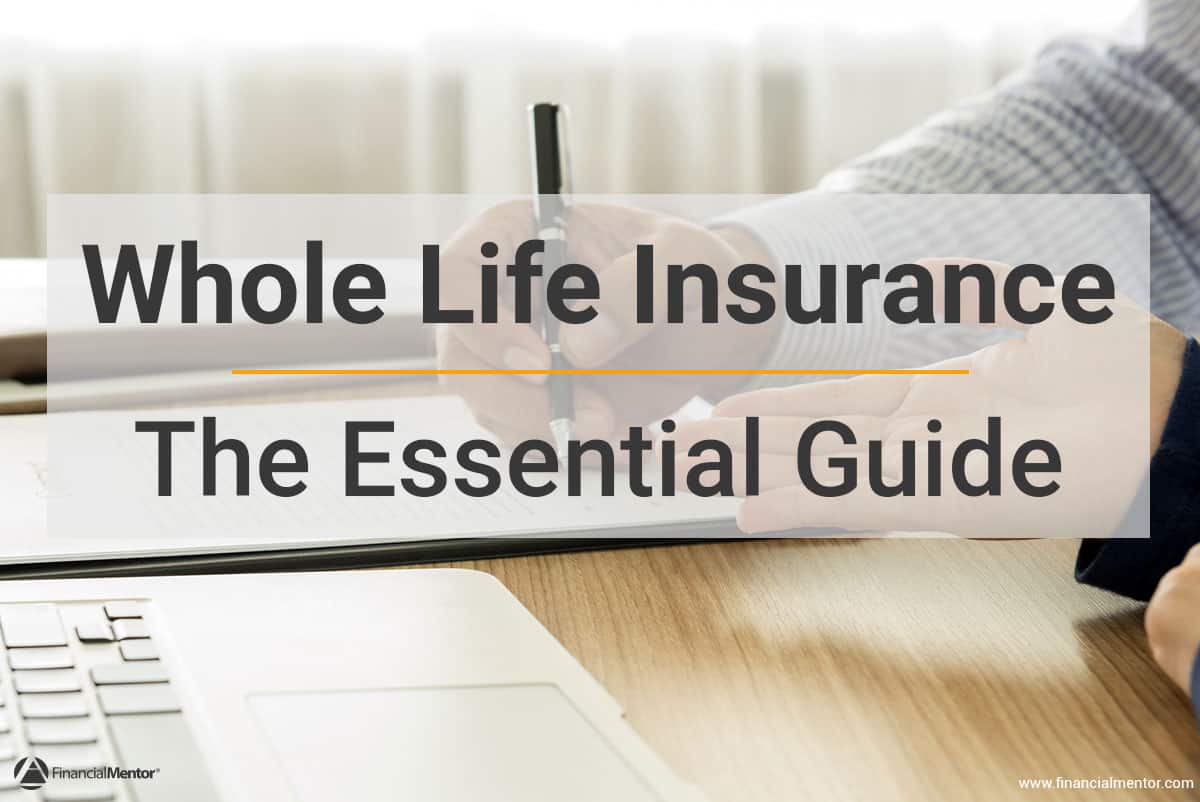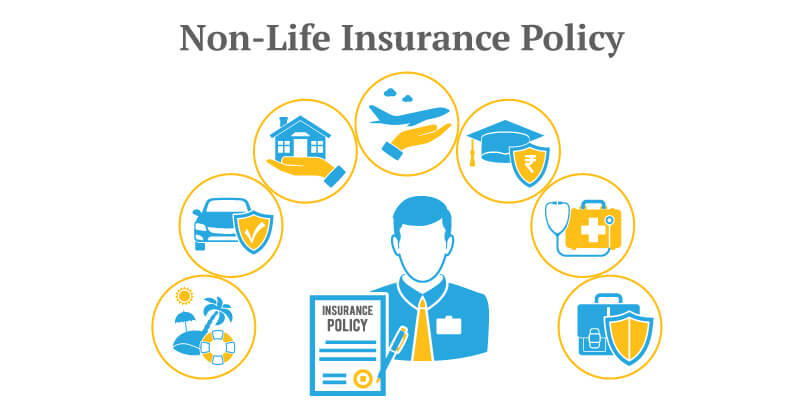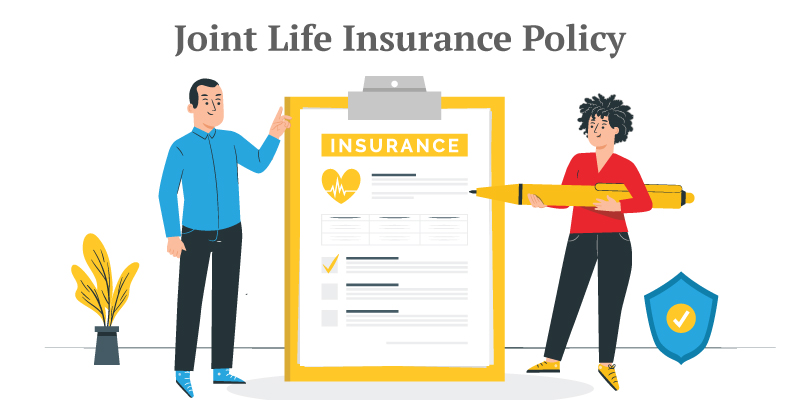Today, there are numerous types of insurance, and whole life insurance is particularly appealing to many buyers. So, what is whole life insurance? Should you consider purchasing it, and what are the key things to know when buying this type of insurance? Let’s explore all these aspects with Admin in this article!
1. What is Whole Life Insurance?
Whole life insurance is a type of life insurance, often referred to as permanent life insurance. It guarantees payment of benefits to the policyholder’s beneficiaries whenever the policyholder passes away.
The whole life insurance contract is long-term and typically has no expiration date. The insurance company may use the premium payments for investments, earning profits, and later sharing the returns with the policyholder.
There are two types of whole life insurance:
- Participating Whole Life Insurance: The policyholder receives the insurance amount at the end of the contract, along with the accumulated interest distributed to the contract holder.
- Non-Participating Whole Life Insurance: The insurance premium and coverage remain fixed for the entire duration, and the policyholder does not receive any interest.
The age eligibility for whole life insurance usually starts from 18 years old, and the premium payment period can be 55, 60, or 65 years, depending on the insurance company. Premiums can be paid annually, semi-annually, quarterly, etc. The insurance may include coverage for accidental death, premium waivers, term insurance, accidental death and dismemberment, etc.
Key Features:
- The insurance contract period is from the signing until the beneficiary’s demise (due to accident, illness, or reaching 100 years old).
- Generally, there is no minimum or maximum limit for the insurance amount; it depends on the annual premium paid by the policyholder. This amount is paid to the beneficiary when a covered event occurs or when the policyholder decides to terminate the contract.
- Whole life insurance often offers a high-interest rate, and the cash value of the insurance increases with the contract’s duration.
2. Benefits of Participating in Whole Life Insurance:
When participating in whole life insurance, you enjoy specific benefits such as:
- Death Benefit: If the policyholder passes away during the contract’s validity, the insurance company pays the policy amount to the beneficiary. The contract then terminates.
- Total and Permanent Disability and Permanent Disability Benefits: Policyholders are entitled to total and permanent disability benefits if they meet certain age criteria. The insurance company pays a portion or the entire insurance amount to the beneficiary and may terminate the insurance contract after the payout.
- Interest Earnings: Most whole life insurance contracts provide the policyholder with interest on the amount paid. The interest is paid when the insurance contract ends.
- Cash Value Refund: After two years of paying premiums, the policyholder has the right to cancel the contract and receive the amount paid after deducting specific fees (contract establishment fee, contract management fee, etc.). In the case of interest-bearing whole life insurance, the policyholder receives additional interest on the amount paid.

3. Should You Buy Whole Life Insurance?
The decision to buy whole life insurance depends on individual needs and objectives. In today’s market, whole life insurance is a popular choice among customers. Here are some reasons why:
- Expressing Responsibility and Love for Family: In the event of the policyholder’s death, the insurance company pays out the agreed amount, reducing financial pressure on the surviving family members.
- Lifelong Protection: Whole life insurance has a long tenure, ensuring protection against life’s risks. This product provides security according to the signed contract, bringing peace of mind to your life.
- Attractive Benefits: Buying one policy provides a range of benefits, including health insurance, accident insurance, occupational disease insurance, and more.
- Long-Term Safe Savings: Whole life insurance allows withdrawal of the entire amount if you decide to terminate the contract. Additionally, you receive a reasonable interest rate compared to the market average.
4. Prerequisites to Consider Before Buying Whole Life Insurance:
- Minimum Age: Typically ranges from 15 to 30 years, depending on the insurance company. Some insurance packages allow participation at any age, even for infants.
- Health Status: A stable health condition with no significant illnesses results in lower premiums compared to individuals with pre-existing or current health issues. The severity of the illness influences the insurance company’s decision and the specific premium.
- Occupation: Occupations with inherent dangers and high risks, such as working with radiation, chemicals, underground mining, or firefighting, might not be eligible for whole life insurance. However, these individuals often have specialized insurance policies.
- Financial Stability: Individuals with stable finances can ensure regular premium payments. In case of financial difficulties, negotiating with the insurance company for a temporary pause in payments and later catching up on premiums when finances improve is an option.
5. Important Considerations When Buying Whole Life Insurance:
- Direct Consultation: Visit the insurance company directly for personalized advice and clarification of any doubts. Experts can help you find a whole life insurance product that suits your needs, financial conditions, and circumstances.
- Thorough Reading of Terms and Conditions: Read and understand all clauses, terms, conditions, and constraints in the contract. If any uncertainties arise, request the insurance company to provide specific answers in writing, especially regarding premium payments, contractual obligations, and benefits. This practice helps prevent contract violations and ensures the promised benefits.
- Accurate Calculation Based on Specifics: Calculate expenses and the exact benefits received. Thorough calculations help determine the precise amount you need to pay and receive when signing the contract.
- Honesty About Health Condition: Before signing a whole life insurance contract, truthfully disclose your health status. Providing accurate information is crucial because any discovered dishonesty can lead to contract violations, resulting in no insurance payout and no refund of the paid amount.
6. Choosing Reputable Providers:
Reputable insurance companies in the industry offer diverse products to support various customer needs. They guarantee operational capability and financial strength for insurance and maintain transparent, well-defined policies. This professionalism saves time for both parties involved.
In conclusion, whole life insurance is a comprehensive option providing long-term security, financial benefits, and peace of mind. However, individual circumstances, preferences, and conditions must guide the decision-making process. A careful and informed approach to selecting, purchasing, and maintaining whole life insurance ensures a beneficial and worry-free experience for policyholders.
Cre: Kathina/ramseysolutions.com



